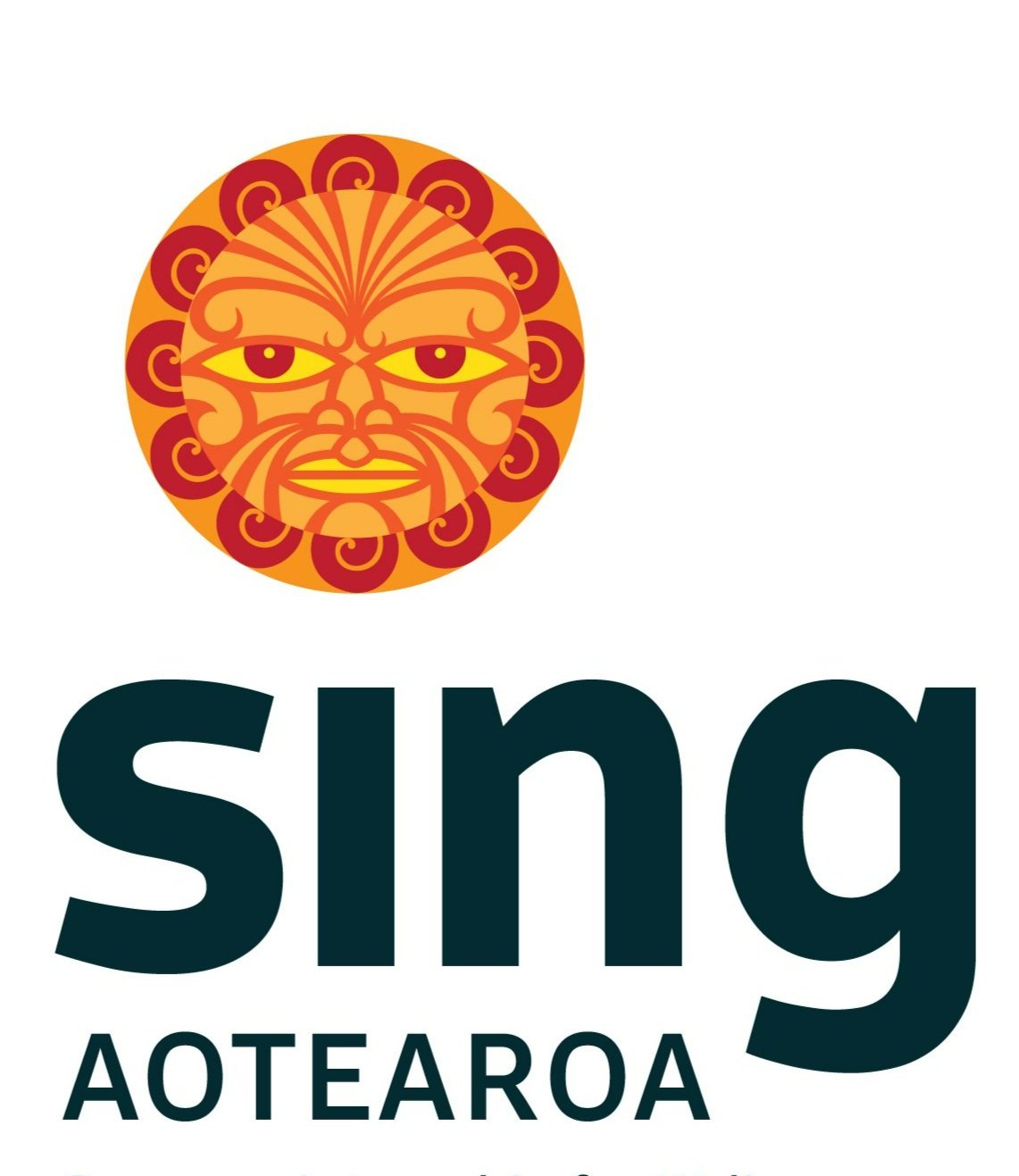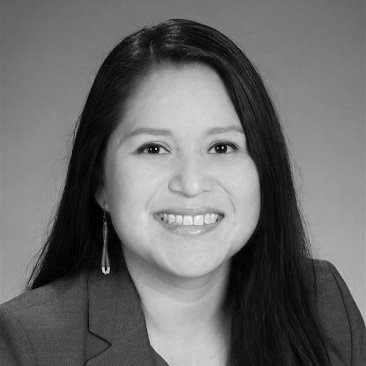« GO to Workshop 2022
Speakers 2022
Associate Professor Phillip Wilcox
Iwi affiliations: Ngāti Rakaipaaka
He is an Associate Professor in the University of Otago’s Department of Mathematics and Statistics, with experience in applied genomics and statistical genetics. For almost 20 years he has worked in the interface of genetic sciences and Te Ao Māori, and co-leads two genomics-based projects focussing on Māori health. Dr Wilcox has also worked on genetics of plant species (particularly forest trees) and human diseases. Along with Maui Hudson and Katharina Ruckstahl, he initiated SING-Aotearoa, and is currently a member of the Health Research Council of New Zealand’s Ethics Committee which oversees institutional and regional ethics committees.
Associate Professor Maui Hudson
Iwi affiliations: Te Whakatohea, Nga Ruahine, Te Mahurehure.
Associate Professor Maui Hudson is Director of Te Mata Punenga o Te Kotahi | Te Kotahi Research Institute at the University of Waikato. His research is interdisciplinary in nature focusing on the application of mātauranga Māori (indigenous knowledge) to decision-making across a range of contexts from new technologies to health, the environment to innovation. Maui was part of the team that developed Guidelines for Genomic Research with Maori, and is now working on Guidelines for Genomic Research with Taonga Species. Along with Phil Wilcox and Katharina Ruckstahl, he initiated SING-Aotearoa.
Associate Professor Sandy Morrison
Iwi affiliations: Ngāti Whakaue, Ngāti Maniapoto; Ngāti Rārua ki te Tau Ihu, Ngāti Tama ki te Waipounamu.
Her current position as the Acting Dean for the University of Waikato’s Faculty of Māori and Indigenous Studies allows her to continue to challenge the thinkers of tomorrow and concentrate on her research interests around Treaties, Adult Education and Indigenous Development. Sandy has an extensive career and holds many titles nationally and globally.
Dr David Markie
Dr David Markie is a senior lecturer at the department of pathology at Otago University. His interests is in the identification, characterisation and functional analysis of genes that contribute to the development of colorectal cancer. This includes genes responsible for rare inherited predispositions to cancer, as well as genes that are defective in the more common sporadic forms of cancer.
Dr Katrina Claw (SING USA)
Dine` (Navajo).
Dr Katrina Claw is an Assistant Professor in Medicine-Bioinformatics. Her research focuses broadly on personalising medicine, using genetic information and biomarkers for tailored treatment, in relation to pharmacogenomics as well as understanding the ethical, cultural, and social implications of genomic research with populations historically under-represented in health research. Katrina was a recipient of the Genomic Innovator Award 2020 (NHGRI). Her projects include exploring the perspectives of tribal members on genetic research with tribes and developing guidelines and policies in partnership with tribes. All of her projects strive to use a community based participatory research approach and include cultural and Indigenous knowledge.
Dr Keolu Fox (SING USA)
Kanaka ‘Ōiwi.
Keolu, Kānaka Maoli (Native Hawaiian), is an assistant professor at University of California, San Diego, affiliated with the Department of Anthropology, the Global Health Program, the Halıcıoğlu Data Science Institute, the Climate Action Lab, and the Indigenous Futures Lab. He holds a Ph.D. in Genome Sciences from the University of Washington, Seattle (2016). Dr Fox’s multi-disciplinary research interests include genome sequencing, genome engineering, computational biology, evolutionary genetics, paleogenetics, and Indigenizing biomedical research. His research focuses on questions of functionalizing genomics, testing theories of natural selection
Professor Alex Brown
Professor Alex Brown is the Aboriginal Health Equity Theme Leader at SAHMRI, and Professor of Medicine at the University of Adelaide. Alex is an internationally leading Aboriginal clinician/researcher who has worked his entire career in Aboriginal health in the provision of public health services, infectious diseases and chronic disease care, health care policy and research. Much of his work has been at the difficult interface of geographical isolation, complex cultural context, severe socioeconomic disadvantage, inequitable access to and receipt of care and profound health disparities, often where little or no research infrastructure previously existed. He has built a research career spanning public health, quantitative clinical epidemiology, mixed-method health service research, qualitative research, and implementation science, with an increasing focus on novel clinical trials in cardiometabolic disease within Indigenous communities.
Dr Kimiora Henare
Kimiora (Te Aupouri, Te Rarawa) is an HRC Eru Pomare Postdoctoral Research Fellow at the Auckland Cancer Society Research Centre, based at the University of Auckland. He earned his MHSc in Pathology in 2006, and PhD in Biomedical Science in 2014; both at the University of Auckland. His main research interests include the role of the immune system in cancer and how the immune system can be reinvigorated to fight cancer. Specifically, he is the principal investigator for an HRC-funded project exploring the potential of re-educating macrophages as strategy for cancer therapy. Kimiora also carries out dual biomedical/cultural advisory roles with two nationwide multidisciplinary research projects involving tissue collection, biobanking, genomic research and related data.
Professor Nadine Caron (SING Canada)
Anishnawbe from Sagamok First Nation.
MD, MPH, FRCSC – Associate Professor, Dept. of Surgery, Faculty of Medicine (NMP), Co-Director of Centre for Excellence in Indigenous Health. Dr Nadine Caron currently resides in Prince George, BC where she provides surgical oncology care for those that call rural and remote Canada home. Nadine is also an associate professor in the UBC Faculty of Medicine’s Department of Surgery where she teaches in the Northern Medical Program. Her work involves a variety of audiences and knowledge users including governments, provincial health authorities, national medical organizations, health research funding bodies, and several universities to achieve identified and overlapping objectives.
Professor Stephen Robertson
Professor Stephen Robertson is the Curekids Professor of Paediatric Genetics in the Department of Women's and Children's Health at the University of Otago. From 1999–2002 Stephen was Nuffield Medical Fellow at Oxford University, studying the genetic determinants of congenital malformations in children. His work has led to the implication of a new family of genes, the filamins, in the generation of these conditions. He remains an active clinical geneticist as well as continuing his research into congenital malformations. He heads the Clinical Genetics Group, which studies single gene disorders in children, with a particular emphasis on disorders that affect the development of the skeleton and the brain.










